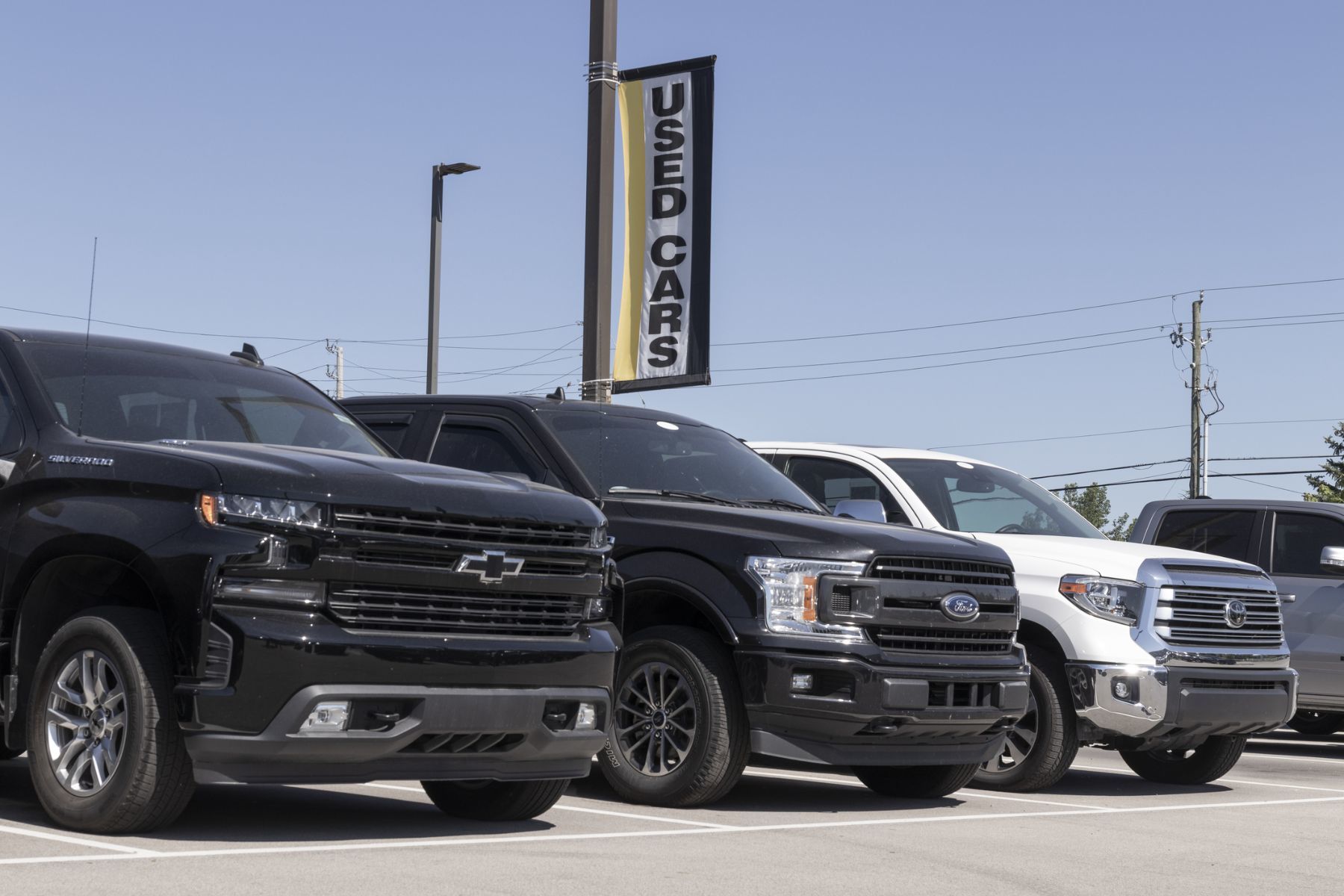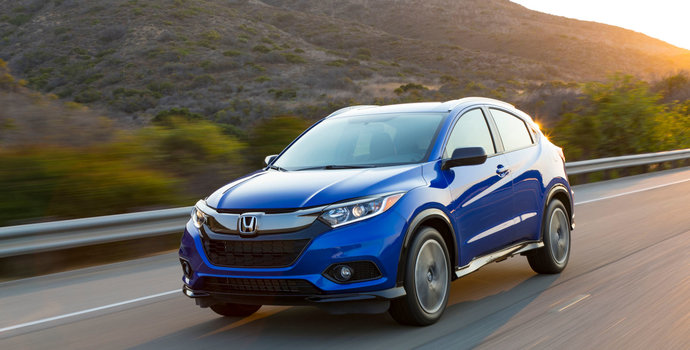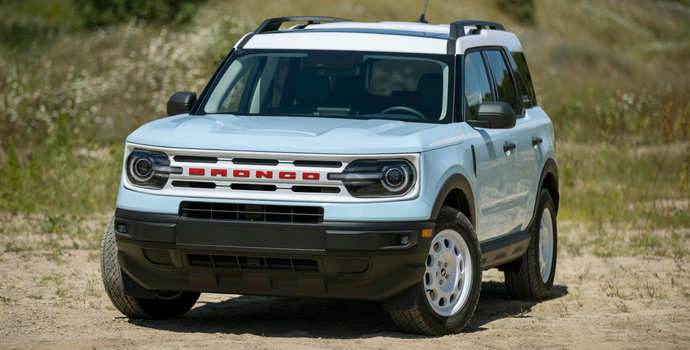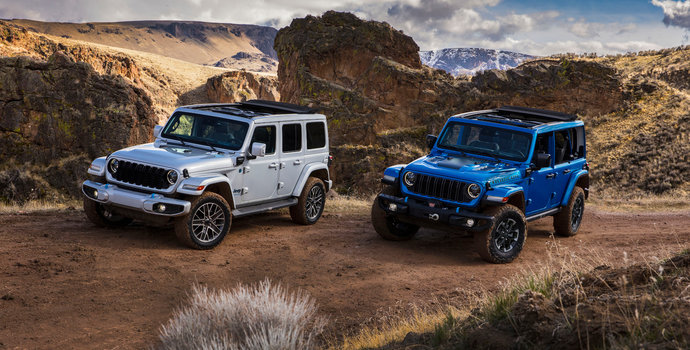When it comes to buying a pre-owned truck in Barrie, there are numerous factors to consider to ensure you get the best vehicle for your needs. Whether you're hauling heavy loads, towing a trailer, or simply enjoying the rugged lifestyle that comes with driving a pickup, this guide will help you navigate the essential elements of purchasing a used truck. From engine choices to towing capacity, we’ll cover everything you need to know to make an informed decision.
Choosing the Right Engine
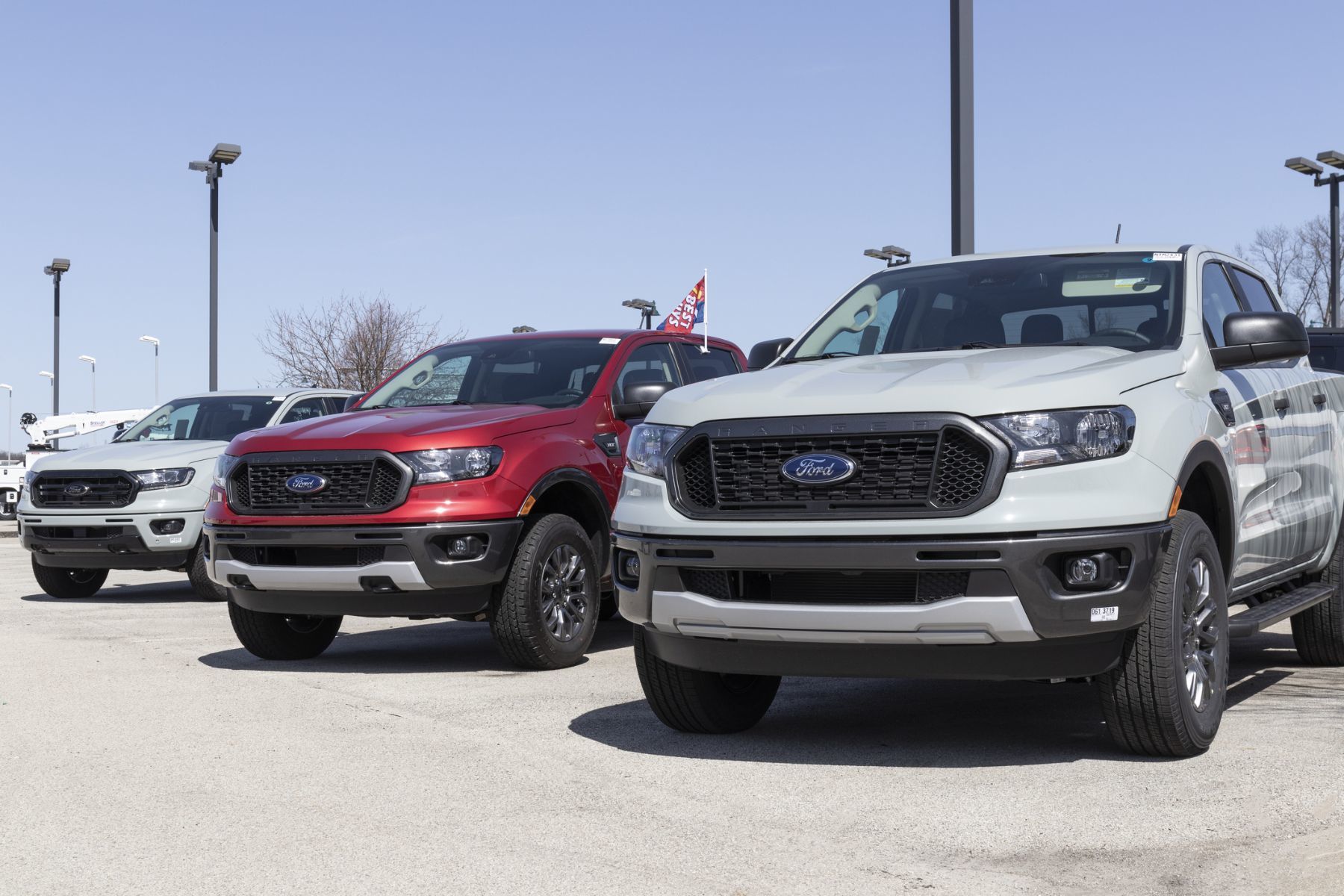
The engine is the heart of any truck, and selecting the right one is crucial. Used trucks come with a variety of engine options, from fuel-efficient four-cylinders to powerful V8s. If your primary use for the truck is daily commuting and occasional light hauling, a smaller engine might be more economical and sufficient. On the other hand, if you plan on towing heavy loads or driving in challenging terrains, a V6 or V8 engine would provide the necessary power and durability.
It’s also important to consider the fuel type. Diesel engines, for example, offer better fuel efficiency and torque, which is beneficial for towing heavy loads. However, they can be more expensive to maintain. Gasoline engines are typically cheaper to buy and maintain but might not provide the same level of performance for heavy-duty tasks. Assessing your specific needs and driving habits will guide you to the right engine choice.
RWD vs 4WD
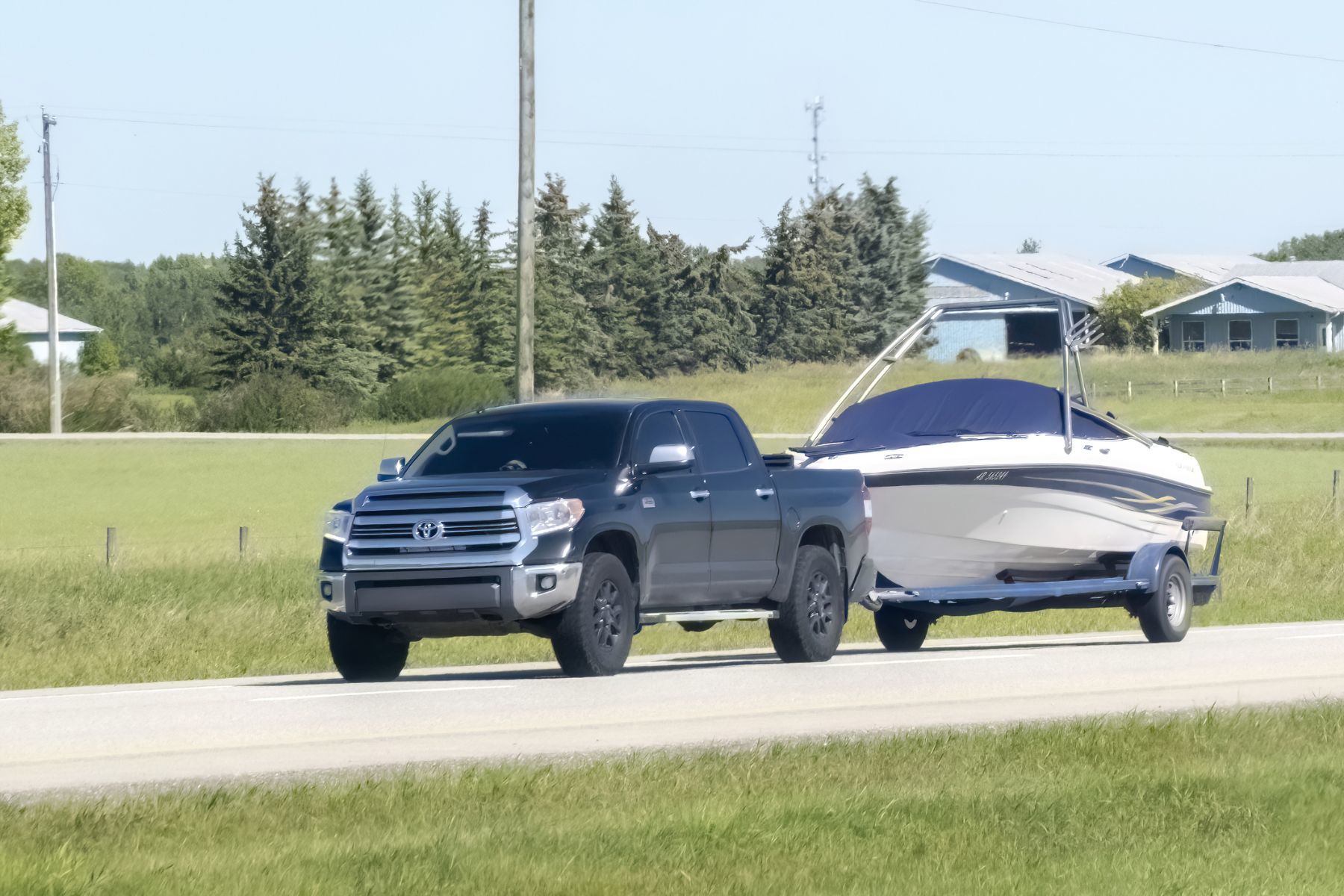
The choice between rear-wheel drive (RWD) and four-wheel drive (4WD) significantly impacts a truck's performance and utility. RWD trucks are generally more affordable and offer better fuel efficiency, making them ideal for regular road use and lighter loads. They provide a smooth drive on highways and city streets but might struggle in off-road conditions or adverse weather.
In contrast, 4WD trucks are designed for rugged terrains and challenging conditions. They distribute power to all four wheels, enhancing traction and control on muddy, snowy, or uneven surfaces. This makes them perfect for off-roading enthusiasts or those who frequently drive in harsh weather. However, 4WD trucks are usually more expensive and have higher maintenance costs. Consider where and how you’ll be using your truck to determine the best drivetrain for your needs.
Cabin Size
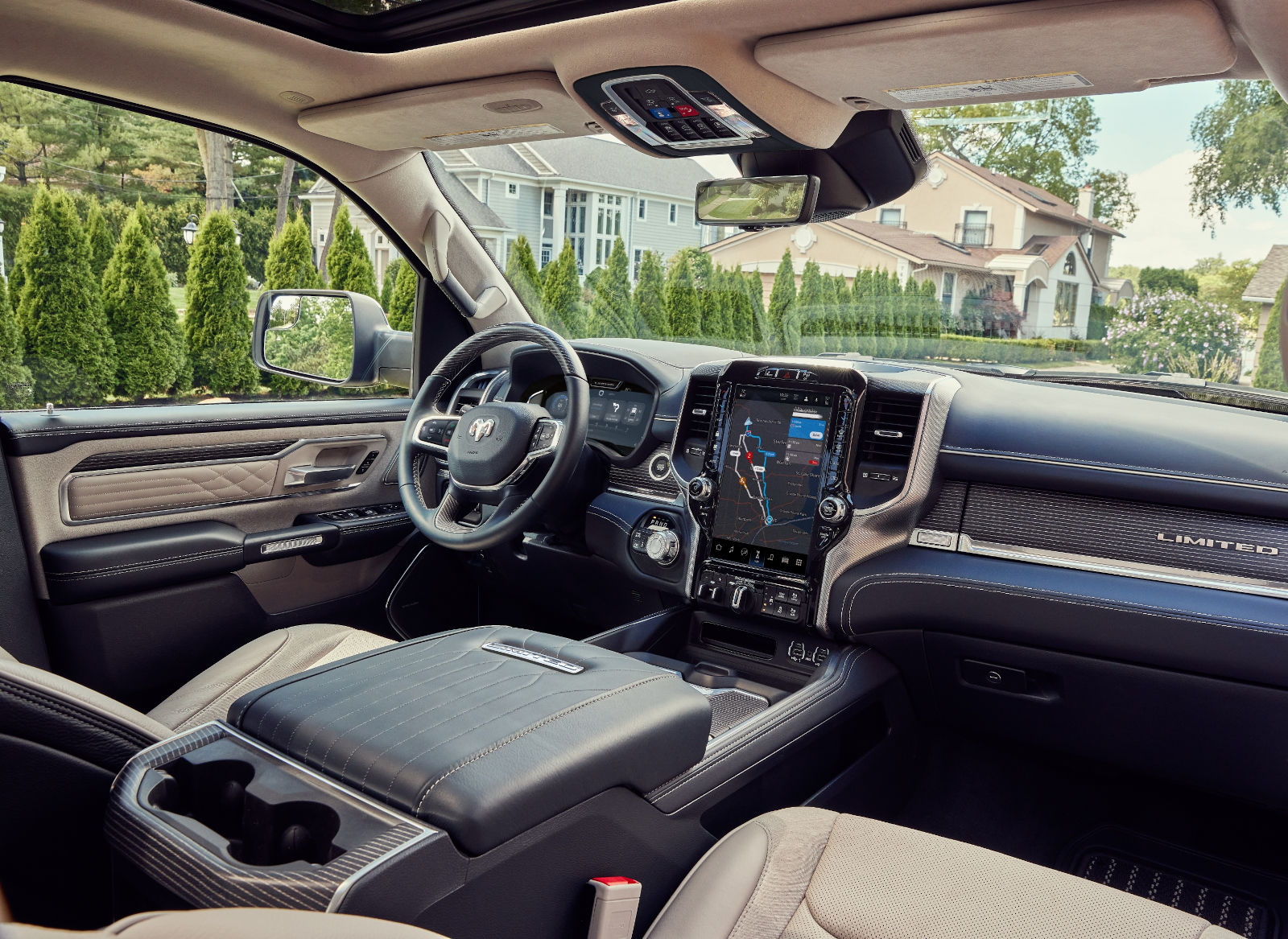
Cabin size is another crucial factor when selecting a pre-owned pickup. Standard cabs offer seating for two to three people and are ideal for those who use their truck primarily for work and don't need extra passenger space. Extended cabs provide additional seating with small rear seats, which can be useful for occasional passengers or extra storage.
For those who need more passenger space, crew cabs are the best option. They offer full-size rear seats and can comfortably accommodate a family or work crew. While crew cabs provide ample room and comfort, they come at the expense of a longer wheelbase, which can make parking and maneuvering more challenging. Your choice will depend on how many passengers you plan to carry and the level of comfort you desire.
Bed Length
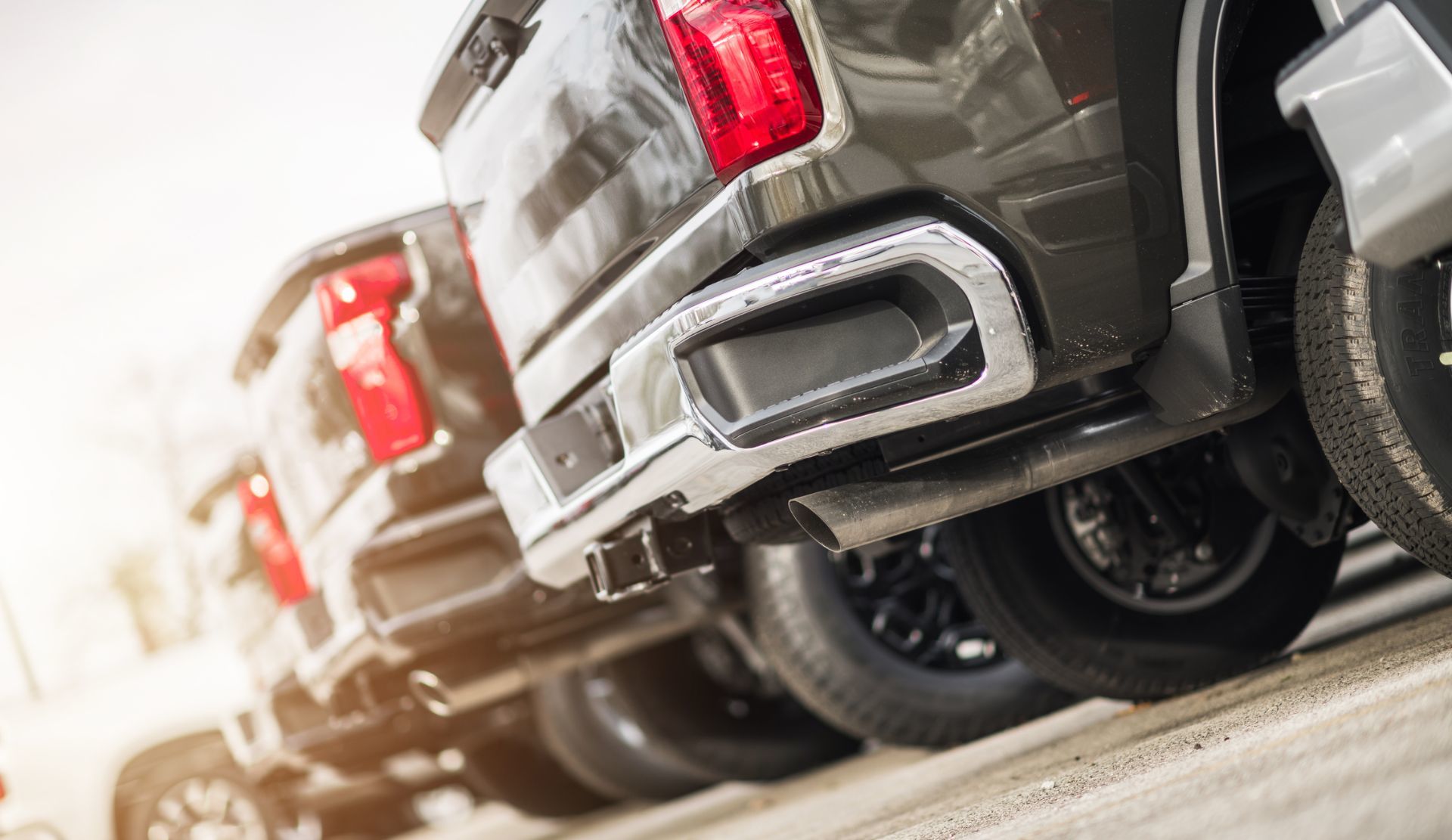
The length of the truck bed is a significant consideration depending on what you plan to haul. Short beds are more maneuverable and easier to park, making them suitable for daily driving and carrying smaller loads. They typically measure around 5 to 6.5 feet in length and are ideal for urban environments where space is limited.
Long beds, on the other hand, offer more cargo space and are perfect for transporting larger items or equipment. These beds usually measure between 7 to 8 feet and are common in work trucks that require maximum hauling capacity. While long beds provide more utility, they can be cumbersome in tight spaces and less fuel-efficient due to the added weight. Balance your need for cargo space with the practicality of daily use when choosing a bed length.
Heavy Duty or Half-Ton?

Choosing between a heavy-duty (HD) and half-ton truck depends on the intensity of your workload. Half-ton trucks, like the Ford F-150 or Chevy Silverado 1500, are versatile and suitable for most tasks. They offer a good balance of payload capacity, fuel efficiency, and comfort, making them ideal for both personal and light commercial use.
Heavy-duty trucks, such as the Ford F-250 or Ram 2500, are built for more demanding jobs. They feature stronger frames, higher towing capacities, and more robust suspension systems to handle substantial loads. While HD trucks offer superior performance for heavy tasks, they can be less comfortable and more expensive to maintain. Assess your typical workload to determine whether a half-ton or heavy-duty truck is more appropriate for you.
Towing Capacity and Payload
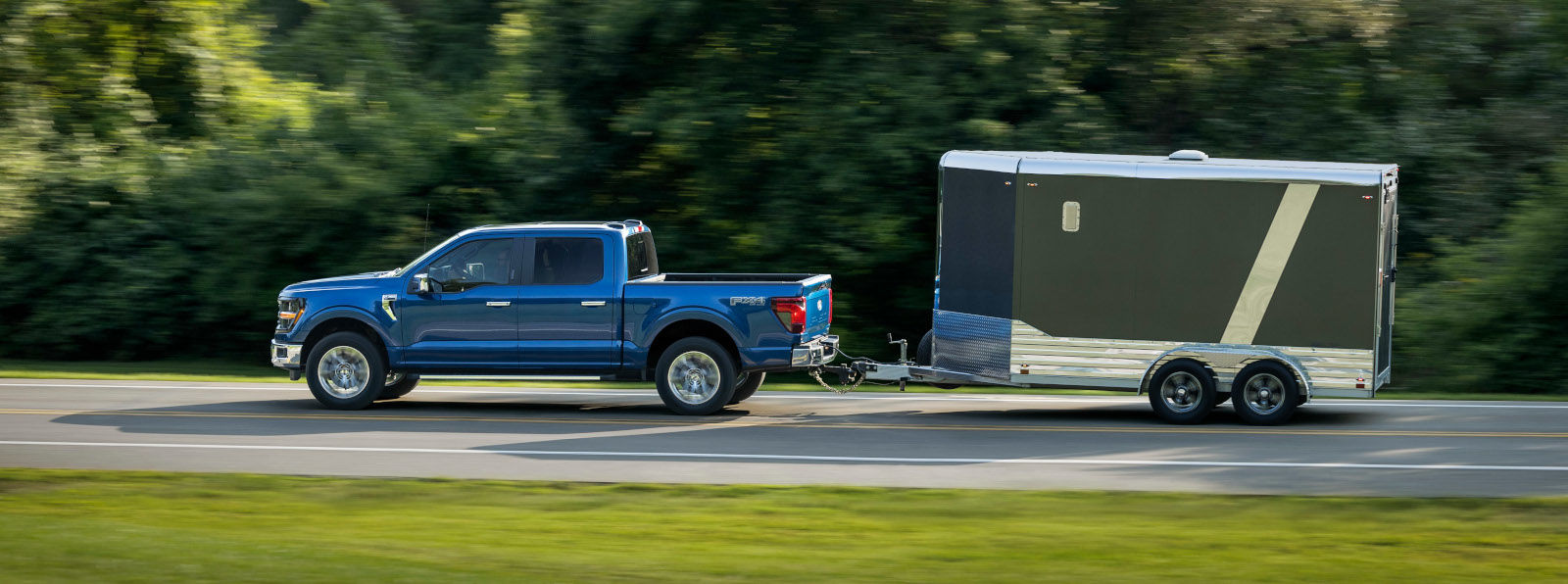
Understanding a truck’s towing capacity and payload is crucial for ensuring it can handle your requirements. Towing capacity refers to the maximum weight a truck can pull, including trailers and other towed items. Payload capacity, on the other hand, is the weight the truck can carry in its bed and cabin, including passengers and cargo.
For those who frequently tow boats, trailers, or heavy equipment, a truck with a high towing capacity is essential. Pay attention to the manufacturer’s specifications and ensure the truck’s hitch and suspension systems are up to the task. Similarly, if you plan to load heavy items into the truck bed, check the payload rating to avoid overloading. Knowing these limits will help you choose a truck that meets your demands without compromising safety or performance.
Glossary
- GVWR (Gross Vehicle Weight Rating): The maximum allowable weight of a fully-loaded vehicle, including passengers and cargo, distributed across the axles. The GVW must never exceed the GVWR.
- GAW (Gross Axle Weight): The total weight supported by each axle (front and rear). To find this, weigh the front axle with the loaded trailer attached and then weigh the entire truck with the trailer attached but not on the scale. Subtract the front axle weight from the total to get the rear axle weight.
- GAWR (Gross Axle Weight Rating): The maximum weight a single axle (front or rear) can carry. The load on each axle should not exceed its GAWR.
- GCW (Gross Combination Weight): The combined weight of the loaded vehicle (GVW) and the fully loaded trailer.
- GCWR (Gross Combination Weight Rating): The maximum allowable weight of the towing vehicle and the loaded trailer, including all cargo and passengers. The GCW must not exceed the GCWR.
- GTW (Gross Trailer Weight): The total weight of the loaded trailer. The trailer's weight must not exceed its GVWR.
- TW (Tongue Weight): The weight that the trailer's hitch presses down on the towing vehicle's hitch. This can be a bed-mounted hitch or a rear receiver hitch.
- Light-Duty: Trucks designed for everyday use and lighter tasks, offering a balance of utility and fuel efficiency. Examples include the Ford Ranger and Chevy Colorado.
- Heavy-Duty: Trucks built for more demanding tasks with stronger frames, higher towing capacities, and robust suspension systems. Examples include the Ford F-250 and Ram 2500.
- 1500 Series: Often referred to as half-ton trucks, these vehicles offer a good balance of payload capacity, fuel efficiency, and comfort, suitable for personal and light commercial use. Examples include the Ford F-150 and Chevy Silverado 1500.
- 2500 Series: Known as three-quarter-ton trucks, these vehicles are designed for heavier workloads with increased payload and towing capacities. Examples include the Ford F-250 and Chevy Silverado 2500.
- 3500 Series: These one-ton trucks are built for the most demanding tasks, offering maximum towing and payload capacities with the strongest frames and suspension systems. Examples include the Ford F-350 and Ram 3500.
- Dually: Trucks with dual rear wheels on each side of the rear axle, providing increased stability and load-carrying capacity, particularly useful for heavy towing and hauling.
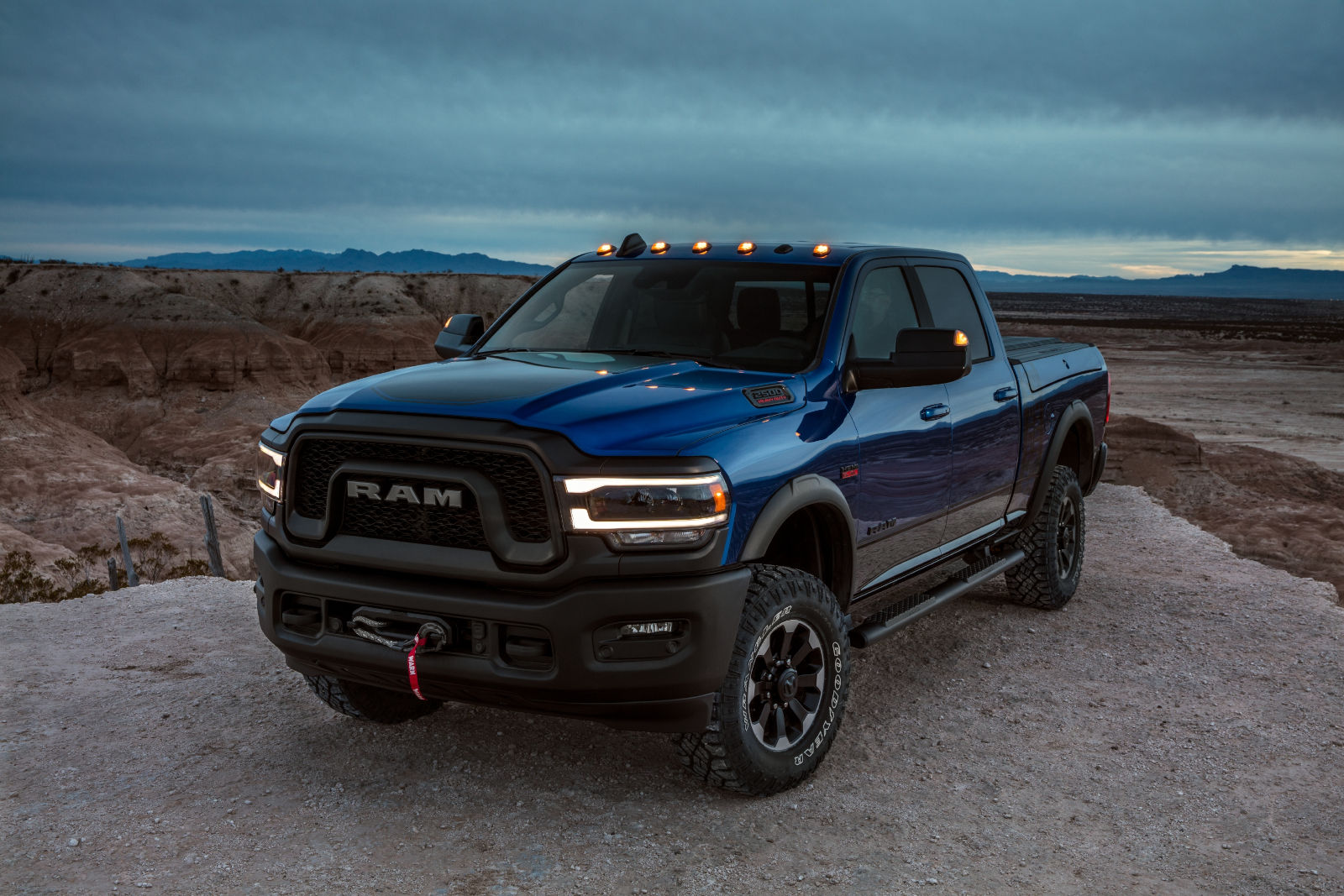
Conclusion
Buying a pre-owned truck involves careful consideration of various factors to ensure you get a vehicle that fits your needs. From selecting the right engine and drivetrain to choosing the appropriate cabin size and bed length, each element plays a vital role in your overall satisfaction. Whether you need a truck for heavy-duty work or everyday commuting, understanding these details will guide you to the perfect choice. At AutoPark Barrie, we are committed to helping you find the ideal pre-owned pickup that meets all your requirements. Visit us today to explore our extensive inventory and drive away with confidence.


